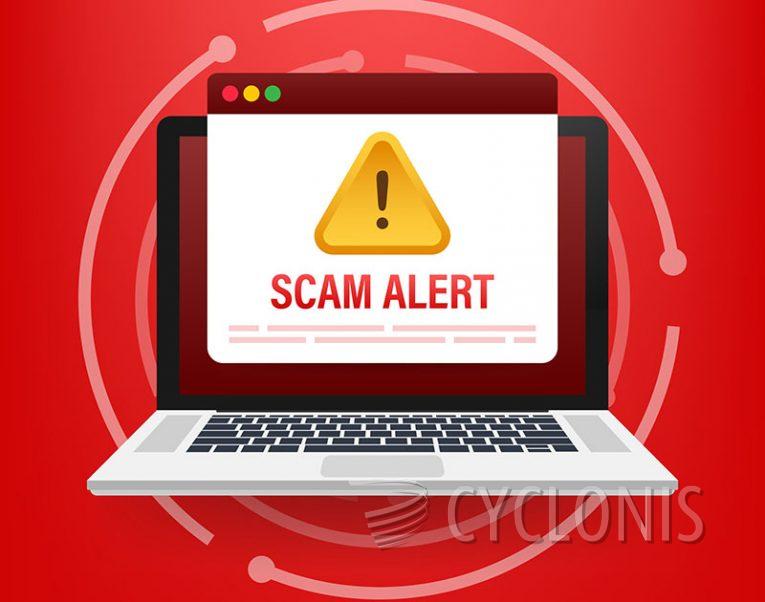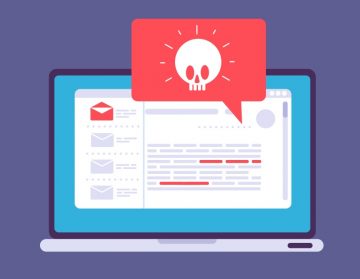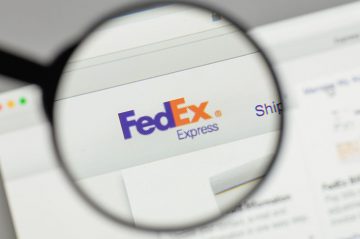'Mailbox Restriction Notice' Email Scam

Upon careful examination of the "Mailbox Restriction Notice" email, we have concluded that it is a form of spam intended to carry out a phishing scam. This deceptive email falsely claims that the recipient's email account has been suspended due to insufficient storage space. Its main objective is to lure individuals into visiting a phishing website that targets their email account login credentials.
The spam email, which arrives with the subject line "NOTICE: New Ticket No: [11 More] Incoming Mails Failed To Deliver To Your Mailbox [recipient's_email_account_address]," asserts that the recipient's email account has been suspended and restricted. Allegedly, this is a result of the mailbox being 97% full, rendering the recipient unable to send or receive messages.
Furthermore, the email states that there are eleven pending emails that have failed to reach the recipient's inbox. To resolve this issue, the email urges the recipient to click either the "Read Messages" or "Review Messages" buttons.
It is essential to note that all claims made in the "Mailbox Restriction Notice" email are entirely false, and the email has no affiliation with any legitimate service providers or entities.
When we interacted with the buttons provided in this fraudulent email, we were redirected to a phishing website that mimicked the sign-in page of Microsoft Bing's email service. Despite its convincing appearance, the website is fraudulent and designed to capture and record the entered data, including the email address and associated password. Victims who fall for this scam not only risk losing access to their emails but also expose their personal information to the scammers.
The implications of such a phishing scam are significant. Scammers can exploit stolen identities, including social media accounts and email addresses, to solicit loans or donations from contacts, promote fraudulent schemes, and distribute malware by sharing malicious files or links.
Moreover, compromised financial accounts, such as online banking, money transfer services, e-commerce platforms, and cryptocurrency wallets, can be misused to facilitate fraudulent transactions or unauthorized online purchases.
It is crucial to remain vigilant and exercise caution when encountering suspicious emails of this nature. Being aware of these scams helps protect personal information and prevent falling victim to online fraud.
What Are the Top Three Signs an Unsolicited Email is a Scam?
Identifying the signs of a scam in unsolicited emails is crucial for protecting oneself from potential fraud. Here are the top three indicators that can help you recognize a scam:
- Poor Grammar and Spelling Errors: Scam emails often contain noticeable grammar and spelling mistakes. This is because scammers may not have English as their first language or they may not invest much effort into creating a polished message. Keep an eye out for inconsistent sentence structure, misspelled words, or awkward phrasing. Legitimate organizations usually have strict quality control measures in place and send out professionally written communications.
- Urgency and Threats: Scam emails often create a sense of urgency or use threats to manipulate recipients into taking immediate action. They may claim that there is an urgent problem with your account, payment, or personal information, and that immediate action is required to avoid severe consequences. Legitimate organizations typically provide clear and concise information without resorting to pressuring or threatening tactics. Be cautious if an email tries to rush you into making decisions or sharing sensitive information hastily.
- Suspicious Requests for Personal Information or Money: Scammers commonly request personal information, such as passwords, Social Security numbers, bank account details, or credit card information, through unsolicited emails. Legitimate organizations generally do not ask for such sensitive information via email. Additionally, be wary of emails that request immediate payment or require you to click on unfamiliar links to provide payment or personal details. Always verify the legitimacy of such requests through other trusted channels before taking any action.
Remember, if an email raises suspicion or feels too good to be true, it is essential to exercise caution. To stay safe, refrain from clicking on suspicious links, avoid downloading attachments from unknown senders, and consider verifying any unusual or urgent requests through official channels or by contacting the organization directly using verified contact information.








